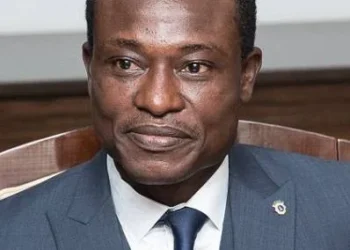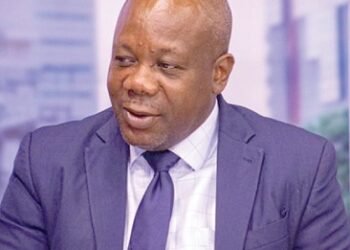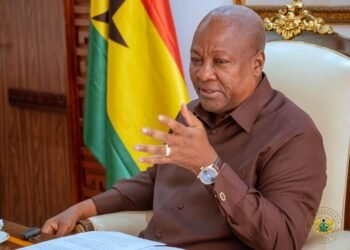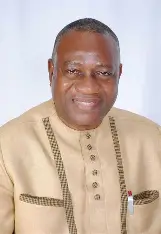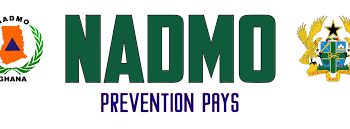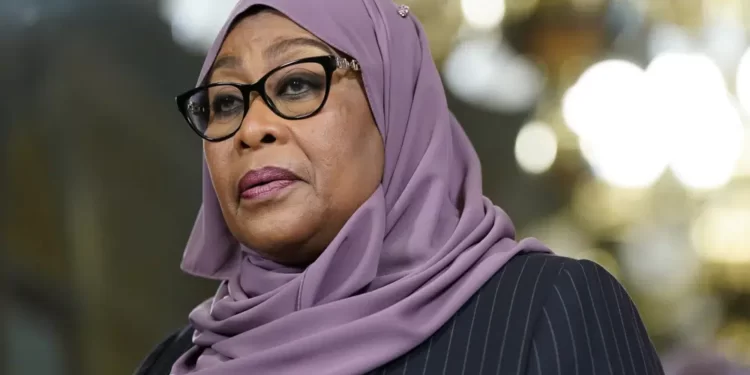President John Dramani Mahama’s directive scrapping fuel allowances and allocations to all political appointees has triggered strong reactions from the Minority in Parliament, who accuse him of engaging in populism and public relations theatrics rather than genuine reform.
The President’s order, announced as an immediate cost-cutting measure, is intended to demonstrate fiscal discipline and redirect public funds to priority sectors of the economy.
Hon. Sammy Awuku, MP for Akuapem North, led the charge against the directive during parliamentary deliberations, demanding clarity and accountability from the government regarding the scope, impact, and sincerity of the measure.
“If the president wants to really show that he’s committed on this fuel allowance and the cutting down of fuel and scrapping of it, I’m challenging them to close down the fuel depot at the Castle and at Jubilee”
Hon. Sammy Awuku, MP for Akuapem North

The MP further raised a series of critical questions which remain largely unanswered, doubting both the execution and the definition of the President’s order.
“Who is the political appointee? Because the publication said political appointees. Does it include ministers? Does it include CEOs? Does it include presidential staffers?
“We need clarification on what is the definition of the fuel allowance. Does it mean fuel for any political appointee, or are they trying to say that the money that will be used to pay these appointees will be refunded, or they’ll be made to pay back?”
Hon. Sammy Awuku, MP for Akuapem North
“How much is being spent on these fuel allowances?” he asked, demanding that the government disclose the quantum of national expenditure on fuel allowances in order to quantify the expected savings. “These are very serious questions that we need to ask,” he said.

The directive from President Mahama, as communicated through his spokesperson and Minister for Government Communications, Felix Kwakye Ofosu, forms part of a broader set of austerity measures introduced by the administration.
Hon. Awuku questioned the practicality of the implementation. He wondered what would happen under the new directive if the Minister for Government Communications drove a long distance on official government business.
He wondered if the Minister would at the end of the day be asked to return the used fuel or whether the government wouldn’t provide the fuel for the trip in the first place.
In his view, the directive lacks the needed framework to be taken seriously. “I just see it as populist. It’s just a public gimmick and a clear case of PR and settings.”
The government on the other hand emphasized that the move aligns with its vision to rein in excessive spending and demonstrate shared sacrifice among public officials.
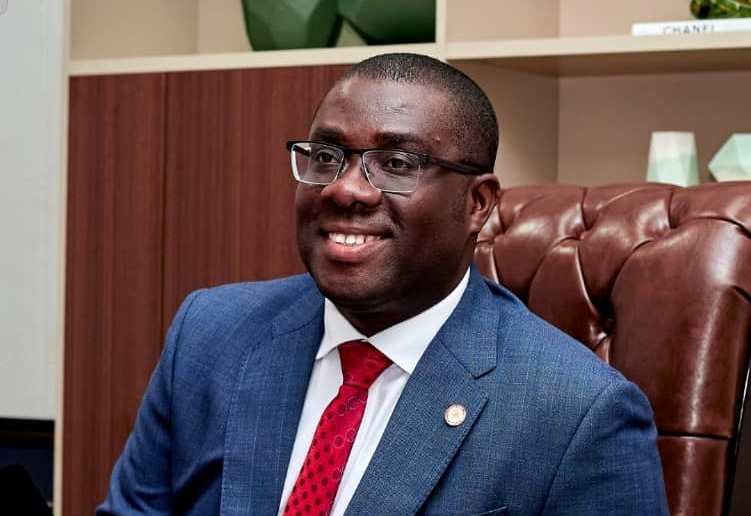
The presidency has already taken other notable steps in the cost-containment effort, including a reduction in the number of ministers and presidential staffers, as well as the cancellation of satellite television subscriptions for offices at the Presidency and other government agencies.
The communication emphasized that leadership must bear its share of sacrifice in times when the broader public is being called upon to tighten belts.
Despite the official rationale, the Minority remains unconvinced, warning that symbolic gestures without structural policy enforcement would be ineffective. The demand for transparency, quantifiable results, and consistent application across all ranks of political appointees remains a sticking point.
With the President’s directive now in effect, scrutiny from both parliament and the public is likely to intensify in the coming weeks as questions surrounding implementation, savings, and sincerity dominate the national conversation.
READ MORE: Individuals, Entities Sanctioned For Destabilising Moldova’s Democracy




